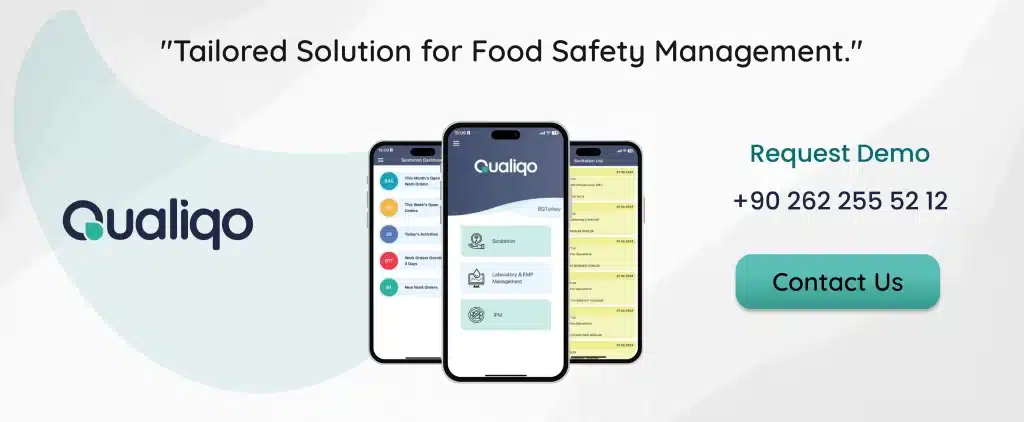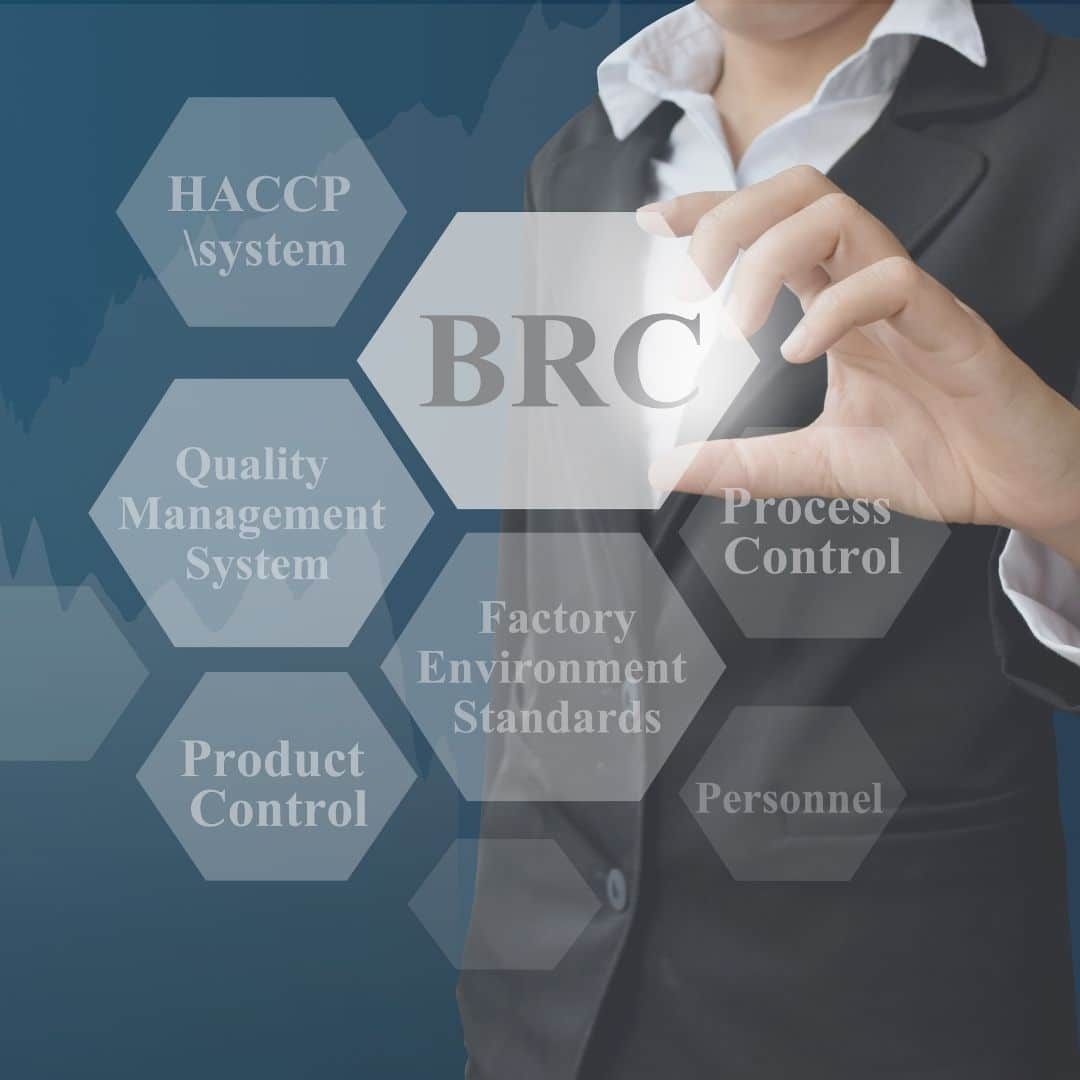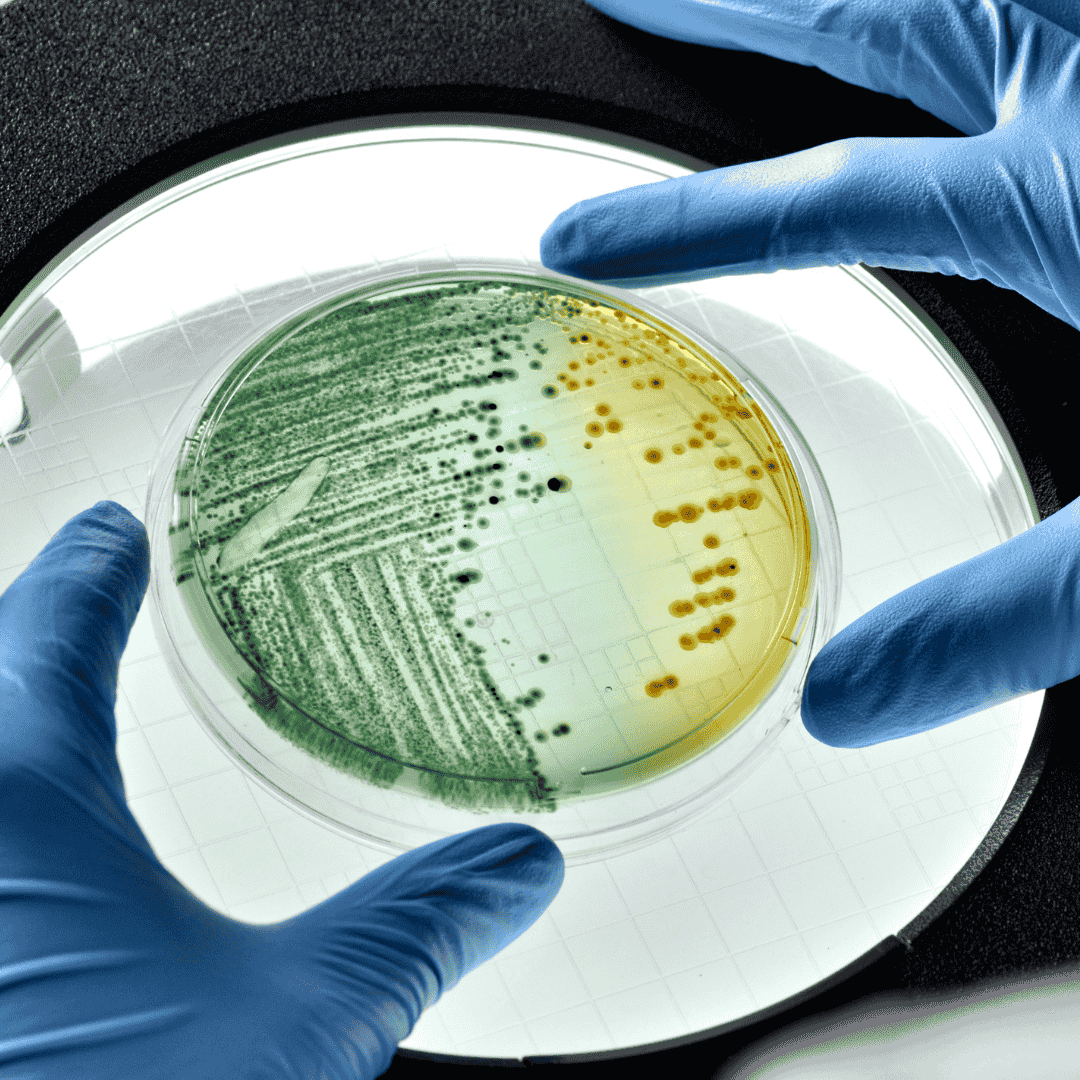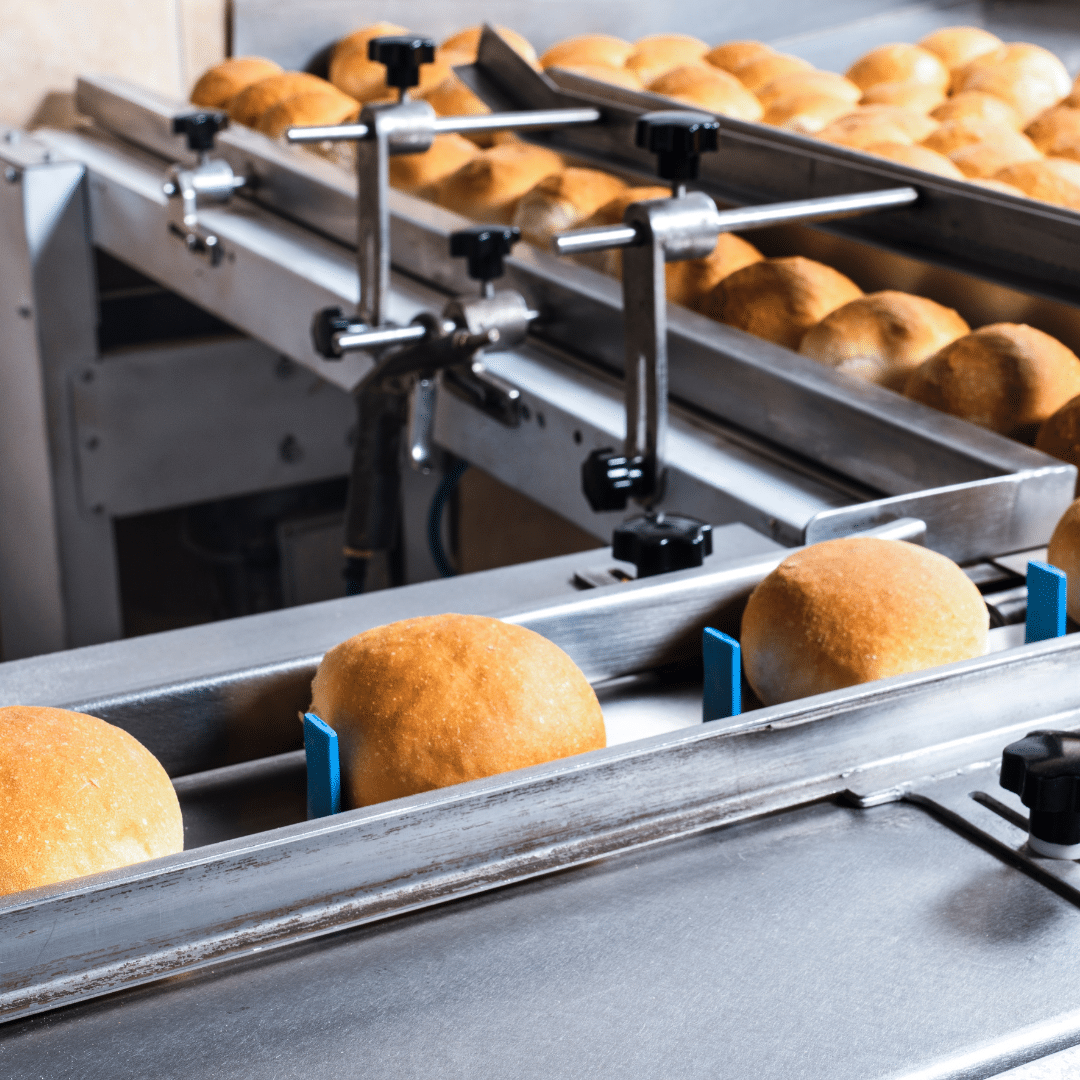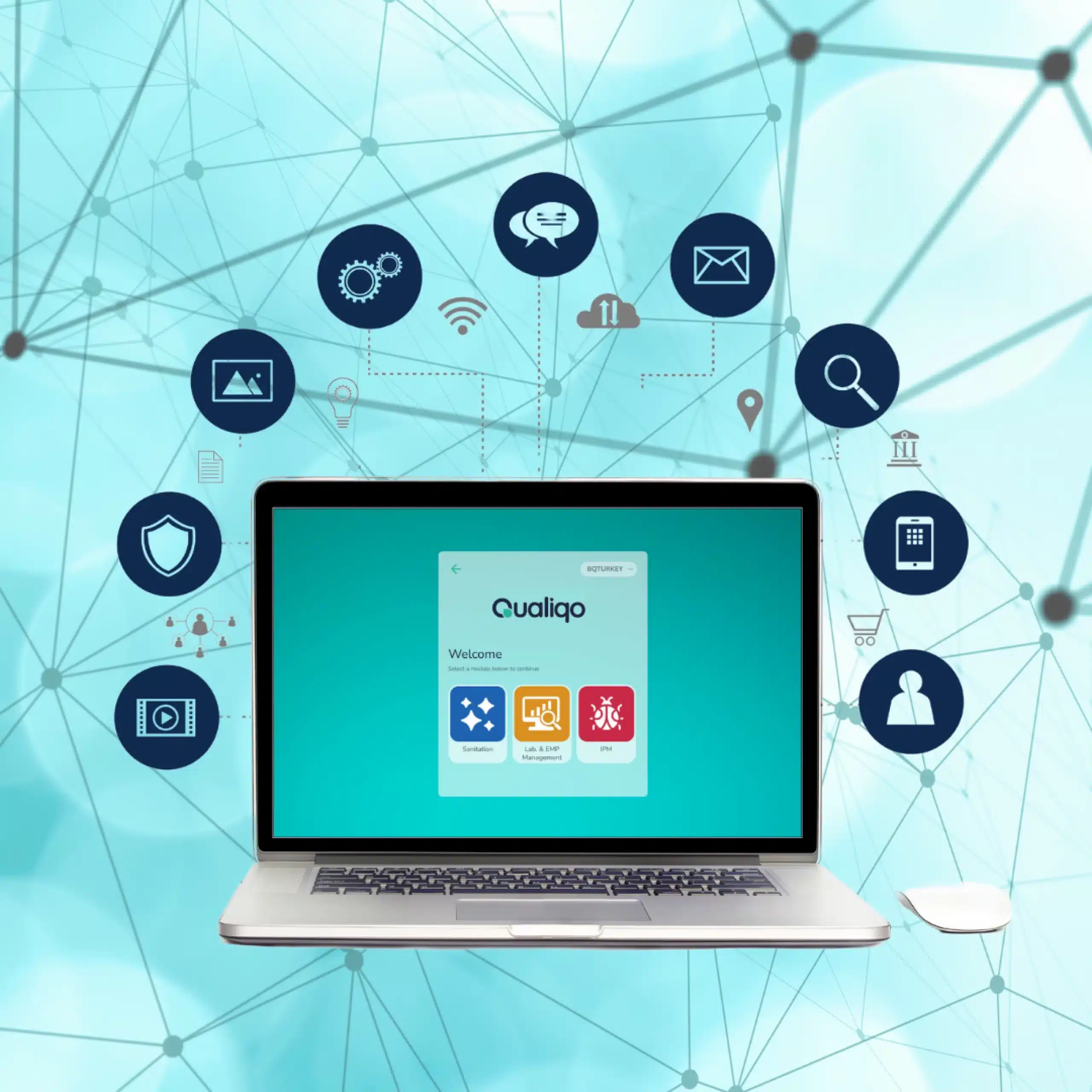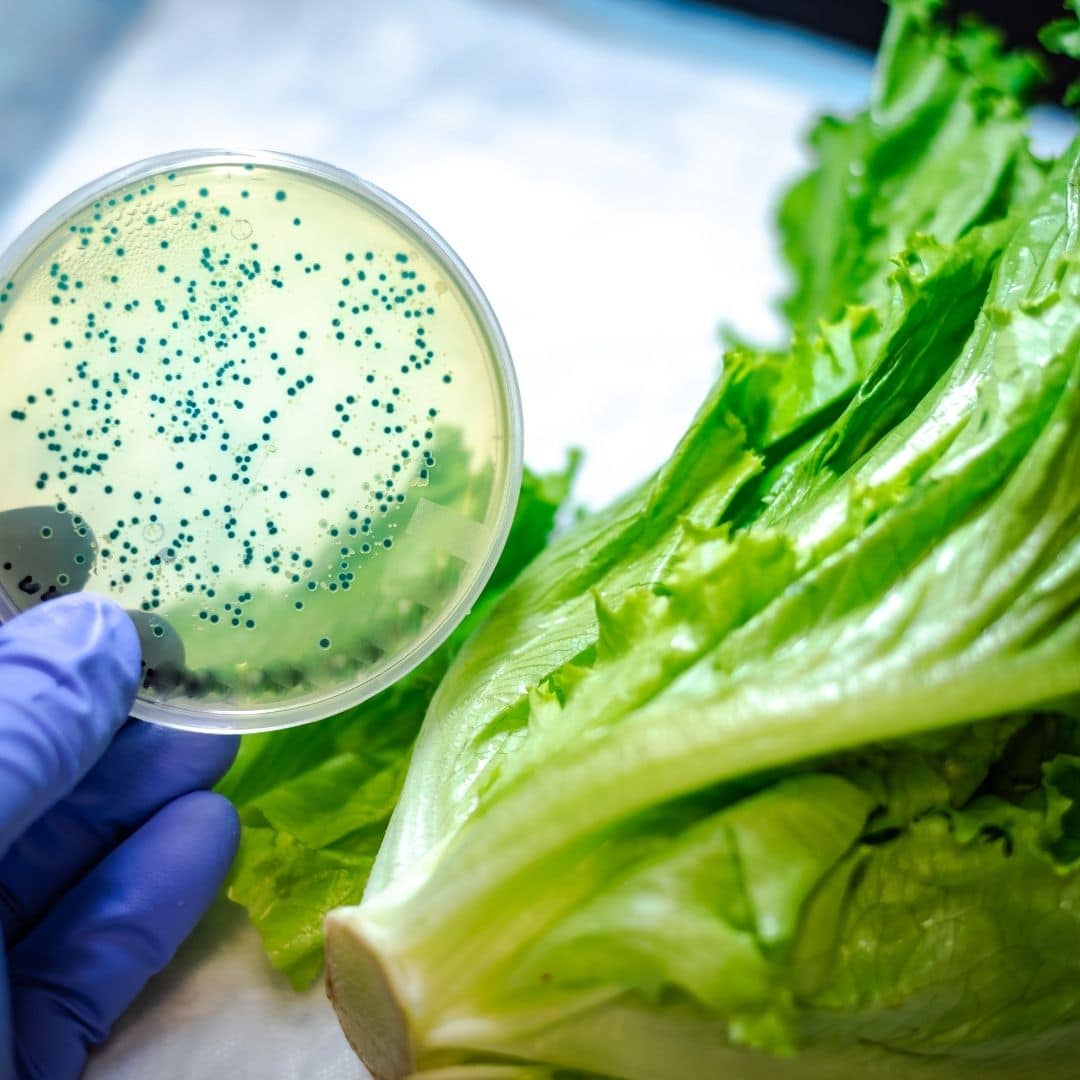In food production, maintaining a safe and sanitary environment is not only a regulatory requirement but also an ethical responsibility to protect consumer health. Among the essential components of food safety, pest control stands out as a critical factor. Pest infestations can introduce pathogens, contaminate food products, and damage a company’s reputation. To help food production companies proactively manage this challenge, Qualiqo offers a specialized Integrated Pest Management (IPM) Pest Control Module designed to address these risks holistically.
What is Integrated Pest Management (IPM)?
Integrated Pest Management (IPM) is an environmentally friendly approach to controlling pests that combines various sustainable practices and strategies. Instead of relying solely on chemical treatments, IPM prioritizes a more balanced approach, using biological, cultural, mechanical, and chemical controls when necessary. The goal of IPM is to manage pest populations in a way that minimizes harm to the environment, human health, and non-target organisms.
The core components of IPM include:
- Monitoring and Identification: Regularly inspecting areas to detect pest activity and identifying the specific pests present. This helps in making informed decisions about necessary actions.
- Preventive Measures: Implementing practices to reduce pest attraction and access, such as maintaining cleanliness, removing food and water sources, and sealing entry points.
- Threshold Levels: Establishing action thresholds to determine at what pest population level management measures should be taken. This ensures that actions are taken only when pests pose a real threat.
- Control Methods: Using a combination of control methods when needed, including:
- Biological controls: Utilizing natural predators, parasites, or pathogens to control pests.
- Cultural controls: Adjusting practices, such as crop rotation or sanitation, to make environments less conducive to pests.
- Mechanical controls: Physical methods like traps, barriers, or manual removal.
- Chemical controls: Applying pesticides as a last resort and in a targeted manner, to avoid unnecessary exposure.
- Evaluation: Continuously assessing the effectiveness of the IPM plan and making adjustments as necessary.
IPM is widely used in agriculture, food production, and urban settings due to its sustainable and cost-effective approach to pest management.
How Qualiqo’s IPM-Pest Control Module Enhances Food Safety
Qualiqo’s IPM-Pest Control Module integrates innovative features tailored to the needs of food safety and sanitation in production facilities. Here’s how it supports a safer, more efficient pest control strategy:
- QR Code Integration on Pest Traps:
Each pest trap within the facility is labeled with a unique QR code, allowing quick identification and tracking through Qualiqo’s mobile application. This QR code system streamlines record-keeping and inspection, enabling staff to instantly access trap data, view the pest control history, and log new findings directly on-site with a mobile scan. - Customizable Control Plans: Qualiqo’s module allows companies to create and customize pest control plans that align with their facility’s unique needs. From preventive actions to targeted treatments, the system offers a robust framework to handle pest issues in compliance with industry standards.
- Data-Driven Decisions with Detailed Reporting: By analyzing pest activity patterns over time, the IPM module provides insights that help in making informed decisions. Detailed reporting tools track actions taken, monitor the effectiveness of each strategy, and generate audit-ready reports for regulatory compliance.
- Enhanced Sanitation Practices: Cleanliness is a cornerstone of IPM. The module includes sanitation management features that help teams document and ensure high hygiene standards, reducing pest attraction and supporting compliance with food safety guidelines.
- Training and Continuous Improvement: Qualiqo’s module supports team training on best practices in pest control and sanitation. With features that promote continuous improvement, your team stays knowledgeable about emerging risks and effective control measures.
The Benefits of a Digital Pest Control Solution
Digital transformation is reshaping food safety management by providing tools that streamline processes and enhance visibility. With Qualiqo’s IPM-Pest Control Module, food companies gain a centralized platform to manage pest control, ensure compliance, and create a healthier environment for consumers.
Ready to Implement IPM for Better Food Safety?
Qualiqo’s IPM-Pest Control Module is more than just a tool. It’s a comprehensive solution that empowers food production companies to take control of pest management effectively and sustainably.
Did you get enough information about “Integrated Pest Management (IPM) in Food Safety“
Qualiqo is here to help you. It answers your questions about sanitation and hygiene, Lab. & EMP, IPM and Pest Control. We also provide information about the main features and benefits of the software. We help you access the Qualiqo demo and even get a free trial.
Frequently Asked Questions
The IPM-Pest Control Module is a comprehensive tool within Qualiqo’s food safety and sanitation management system. It integrates Integrated Pest Management (IPM) practices, focusing on sustainable, long-term pest prevention through monitoring, data analysis, and customizable control plans. The module helps food production facilities track, manage, and mitigate pest risks to ensure a safe and compliant environmen
Each pest trap within the facility is labeled with a unique QR code. By scanning this code using the mobile app, staff can instantly access detailed data about the trap, including inspection history, pest activity logs, and maintenance updates. This simplifies record-keeping, improves traceability, and allows for quicker action when pest issues arise.
Yes, the IPM-Pest Control Module allows you to create and customize pest control plans based on your facility’s specific needs. You can set preventive measures, plan targeted treatments, and monitor their effectiveness, all tailored to meet regulatory compliance and food safety standards.
The module automatically generates detailed reports ( Trend Analysis) on pest control activities, including inspection logs, pest activity patterns, and corrective actions taken. These reports are easily accessible and can be used to demonstrate compliance with food safety regulations during audits.


